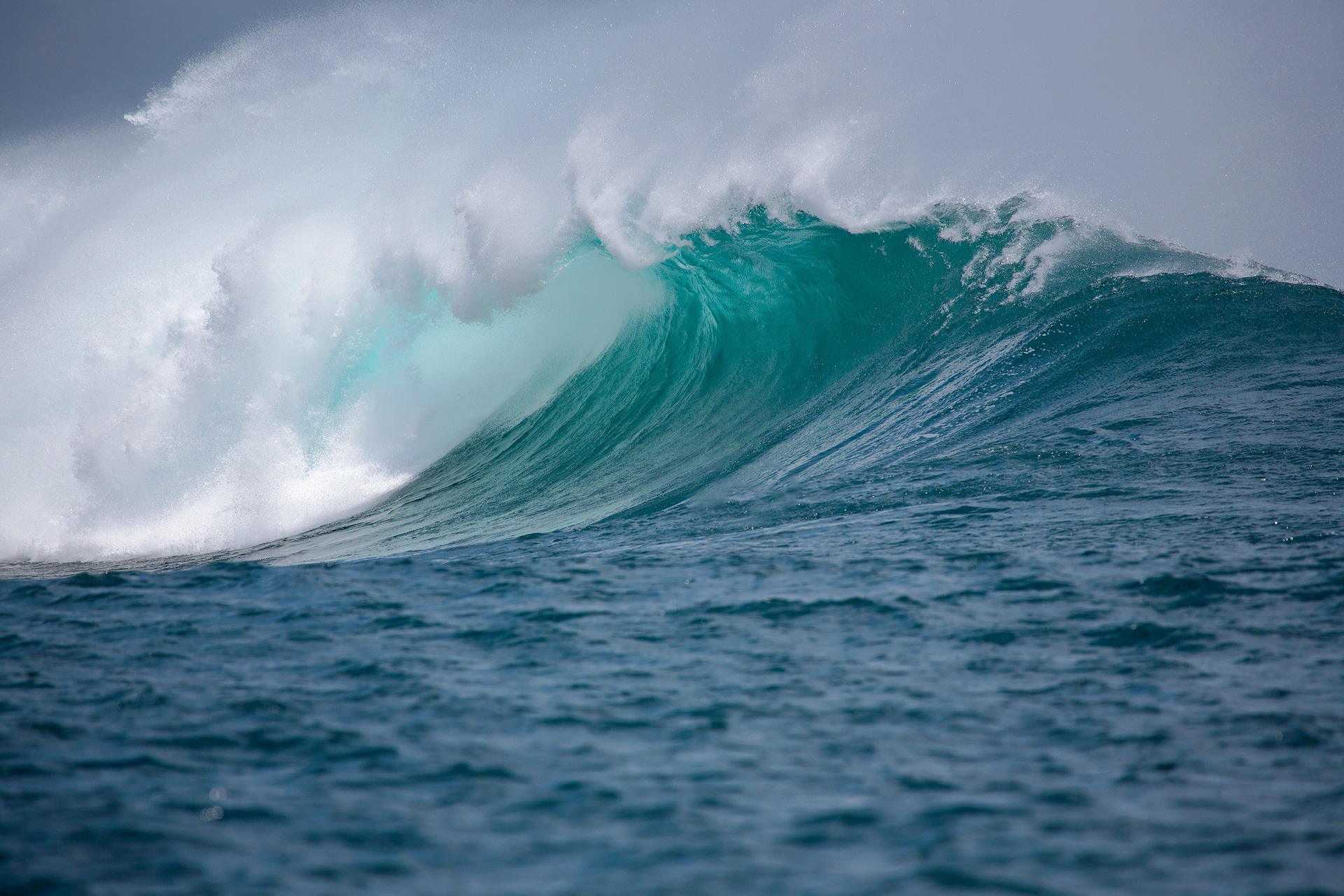
In August 2025, representatives from all over the world came together for the second Preparatory Commission for the High Seas Treaty, also known as the Agreement on Marine Biodiversity in Areas Beyond National Jurisdiction. Countries gathered at the United Nations Headquarters in New York to lay the foundation for the treaty by negotiating the institutions, rules and procedures that will allow it to function.
Take action: Tell Canada's government to ratify the High Seas Treaty!
The High Seas Treaty will govern areas of the ocean that are beyond national jurisdiction, including the deep sea. These areas make up nearly half of the Earth’s surface, but because they are so far away, they are largely unexplored and unknown – scientists estimate that we have only classified 9% of all species in the ocean. However, we are learning more about the ways in which the high seas support our health, by providing food, producing oxygen, sequestering carbon and regulating the climate.
The High Seas Treaty will allow countries to protect marine life in the high seas by:
- Establishing marine protected areas in international waters;
- Managing industrial activities in the high seas through environmental impact assessments;
- Managing marine genetic resources and making sure the benefits from the resources are shared equitably; and
- Collaborating across borders to increase our scientific understanding of the high seas
West Coast Environmental Law attended the second Preparatory Commission for the High Seas Treaty. As a member of the High Seas Alliance, we are working with ocean NGOs from around the world to advocate for effective international collaboration, transparent processes and efficient treaty institutions so that countries can begin the essential work of protecting the high seas as soon as the Treaty enters into force. This will occur 120 days after the 60th country ratifies the treaty. Currently 54 countries have ratified, and we anticipate we could reach 60 in the coming weeks.
Although Canada has signed the High Seas Treaty and our delegates worked tirelessly to ensure the Preparatory Commission was a success, our Parliament has still not ratified the High Seas Treaty. Until it does, the Treaty will not be law in Canada, and Canada will not be able to take the actions needed to protect the high seas – including identifying areas for protection in the high seas adjacent to Canadian waters, or managing industrial activities proposed in neighbouring international waters through environmental impact assessment.
We need Canada to stand as a champion for the high seas. Please join us in calling on Canada to stand up for ocean life in international waters by ratifying the High Seas Treaty.
Take action